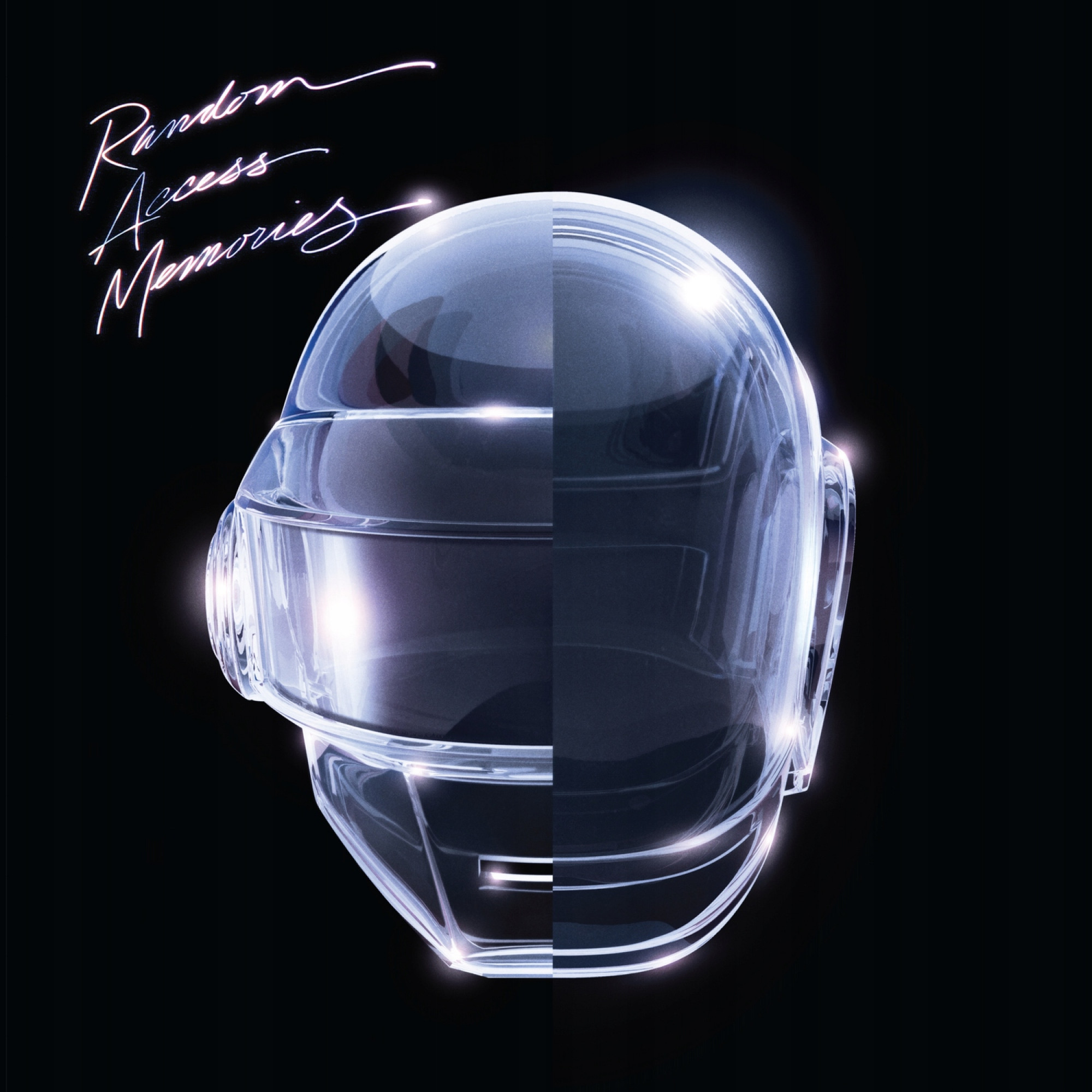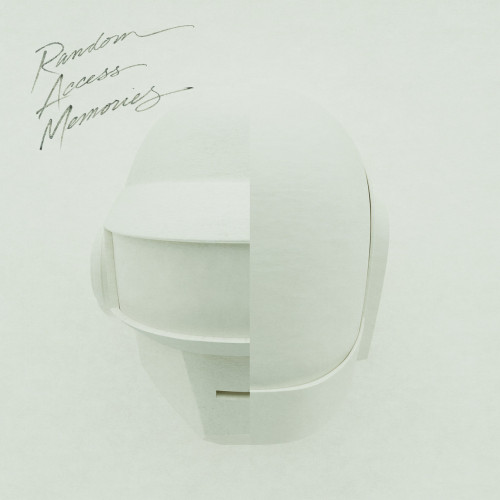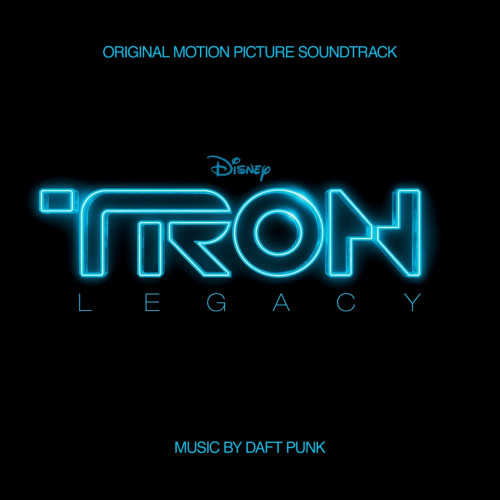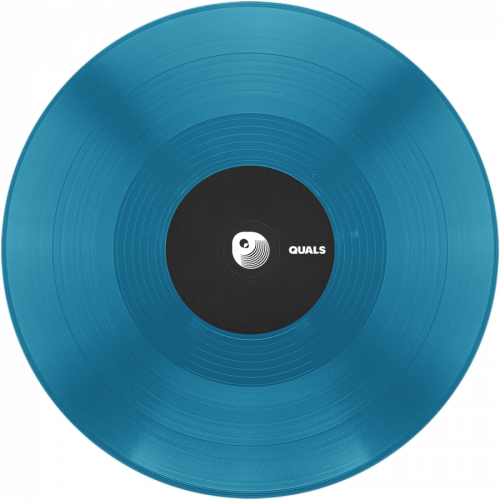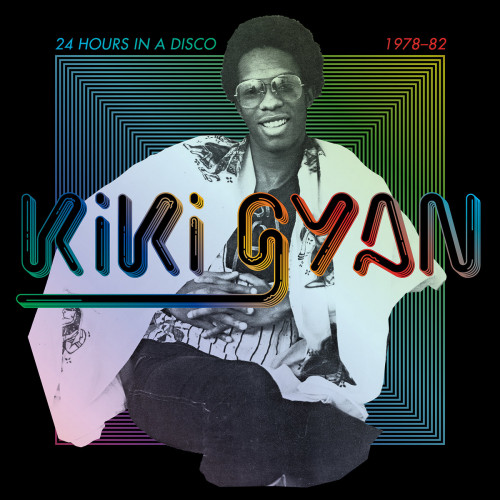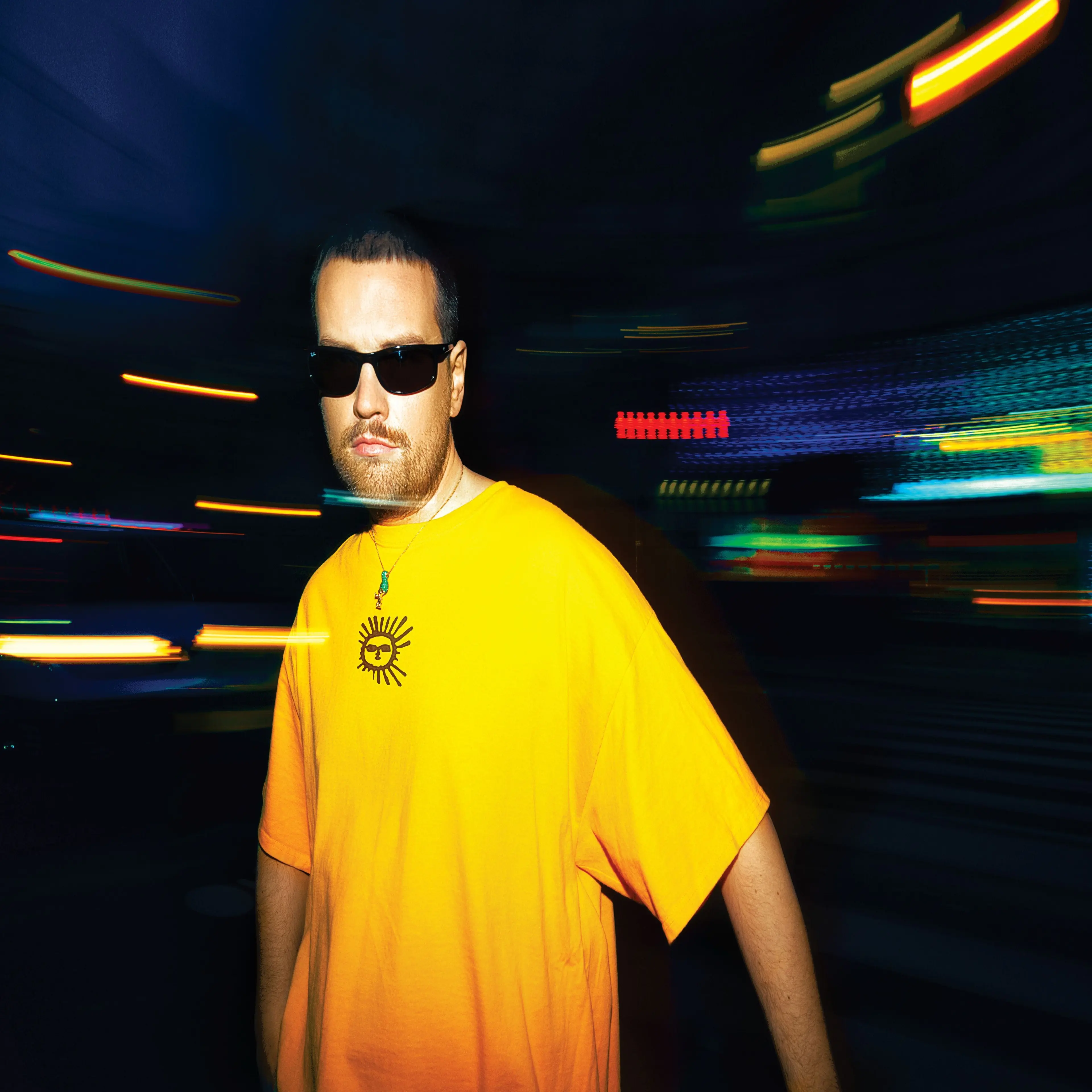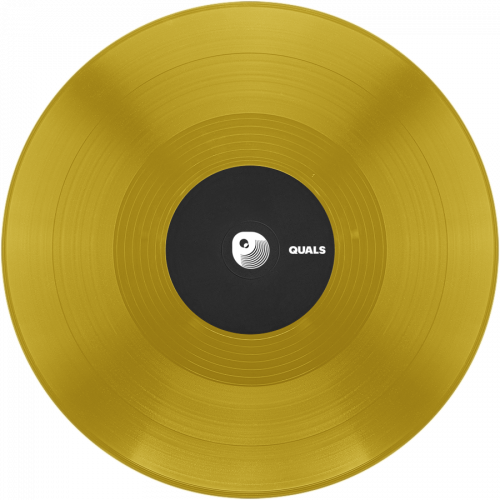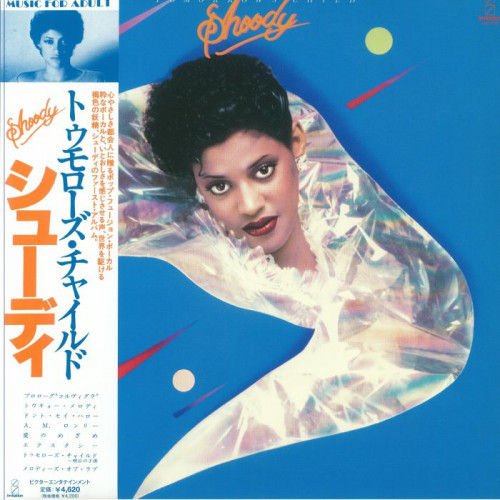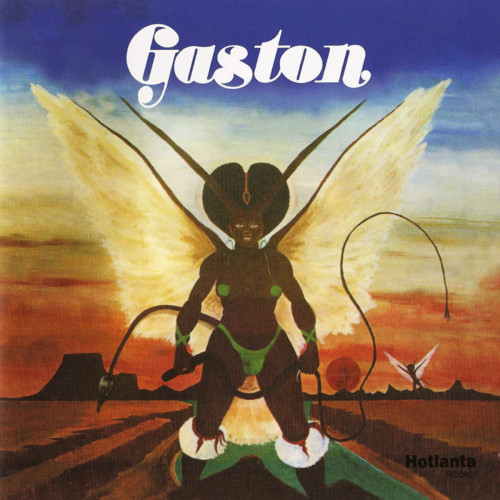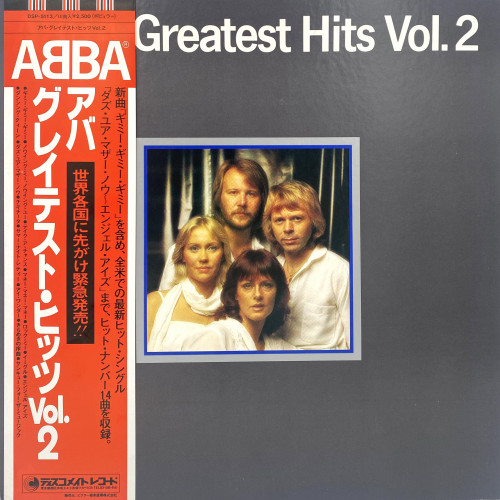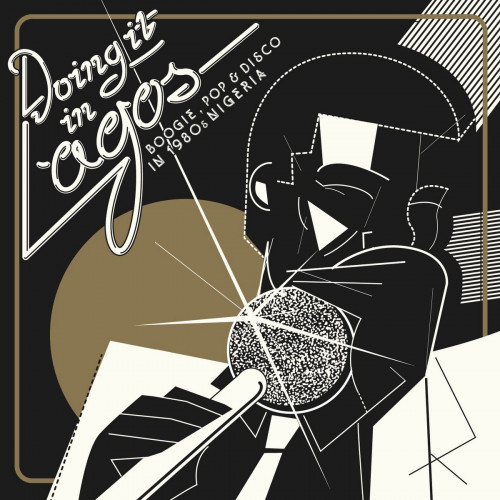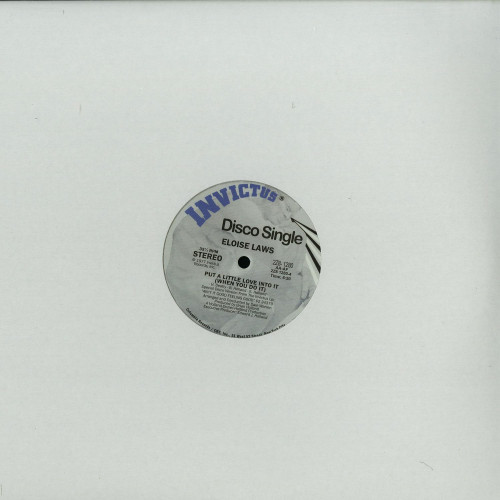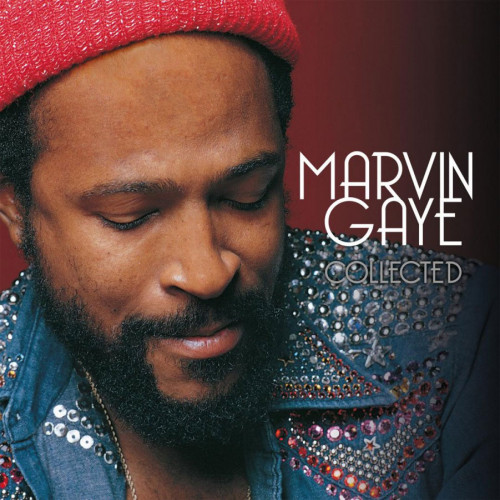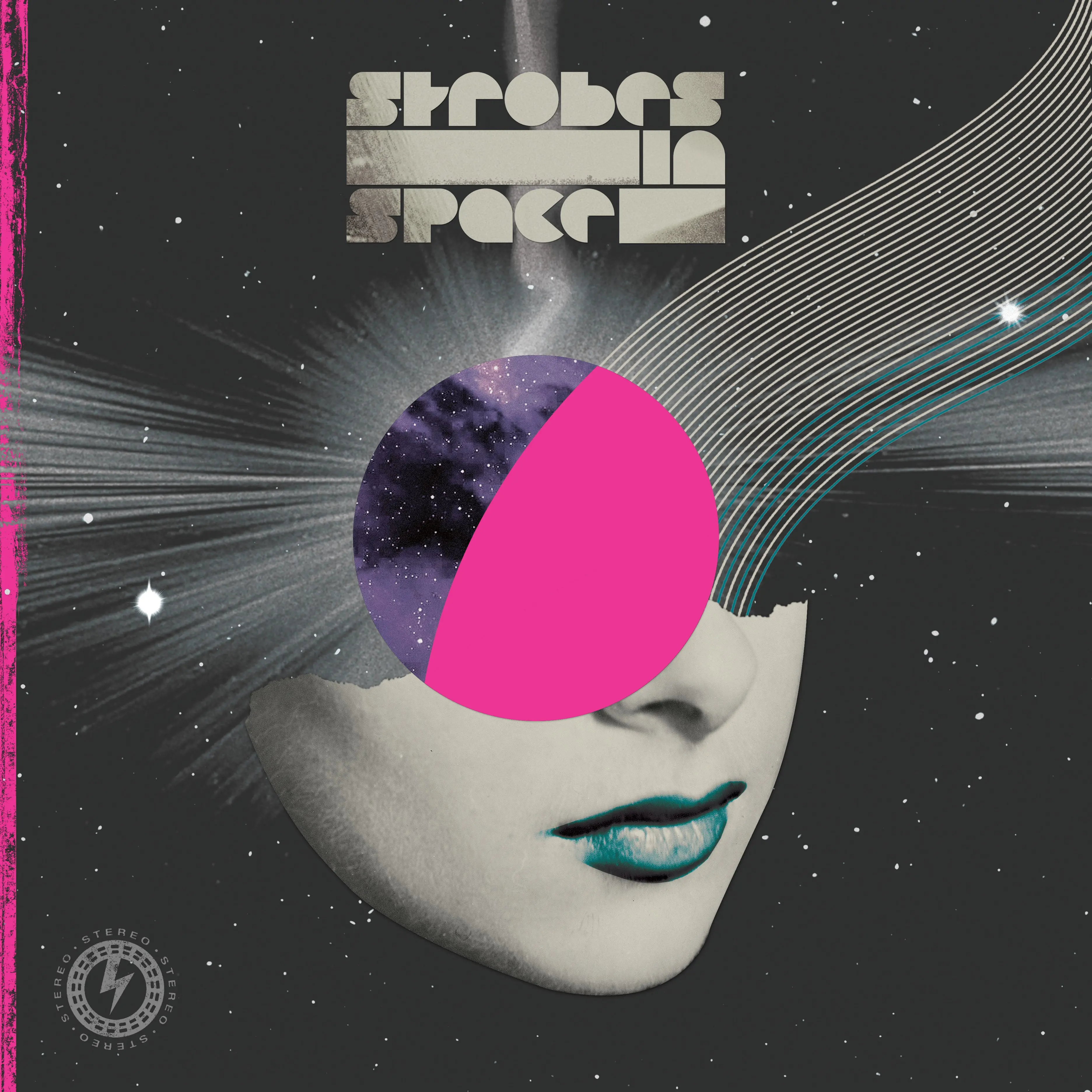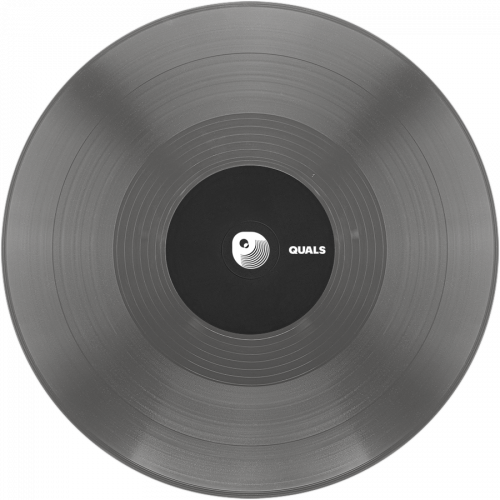When Daft Punk announced they were releasing a new album eight years after 2005's Human After All, fans were starved for new material. The Tron: Legacy score indulged the duo's sci-fi fantasies but didn't offer much in the way of catchy songs, so when Random Access Memories' extensive publicity campaign featured tantalizing clips of a new single, "Get Lucky," their fan base exploded. But when the album finally arrived, that hugely hyped single was buried far down its track list, emphasizing that most of these songs are very much not like "Get Lucky" -- or a lot of the pair's previous music, at least on the surface. The album isn't much like 2010s EDM, either. Instead, Daft Punk separate themselves from most contemporary electronic music and how it's made, enlisting some of their biggest influences to help them get the sounds they needed without samples. On Homework's "Teachers," they reverently name-checked a massive list of musicians and producers. Here, they place themselves on equal footing with disco masterminds Nile Rodgers and Giorgio Moroder, who shares his thoughts on making music with wild guitar and synth solos trailing behind him on one of RAM's definitive moments, "Giorgio by Moroder." Elsewhere, Daft Punk celebrate their close relationship with indie music on the lovely "Doin' It Right," which makes the most of Panda Bear's boyish vocals, and on the Julian Casablancas cameo "Instant Crush," which is only slightly more electronic than the Strokes' Comedown Machine. And of course, Pharrell Williams is the avatar of their dancefloor mastery on the sweaty disco of "Lose Yourself to Dance" and "Get Lucky," which is so suave that it couldn't help but be an instant classic, albeit a somewhat nostalgic one. "Memories" is the album's keyword: As Daft Punk celebrate the late '70s and early '80s with deluxe homages like "Give Life Back to Music" -- one of several terrific showcases for Rodgers -- and the spot-on soft rock of the Todd Edwards collaboration "Fragments of Time," they tap into the wonder and excitement in that era's music. A particularly brilliant example is "Touch," where singer/songwriter Paul Williams conflates his work in Phantom of the Paradise and The Muppet Movie in the song's mystique, charm, and unabashed emotions. Daft Punk have never shied away from "uncool" influences or sentimentality, and both are on full display throughout Random Access Memories. It's the kind of grand, album rock statement that listeners of the '70s and '80s would have spent weeks or months dissecting and absorbing -- the ambition of Steely Dan, Alan Parsons, and Pink Floyd are as vital to the album as any of the duo's collaborators. For the casual Daft Punk fan, this album might be harder to love than "Get Lucky" hinted; it might be too nostalgic, too overblown, a shirking of the group's duty to rescue dance music from the Young Turks who cropped up in their absence. But Random Access Memories is also Daft Punk's most personal work, and richly rewarding for listeners willing to spend time with it.
Heather Phares. Allmusic.com
